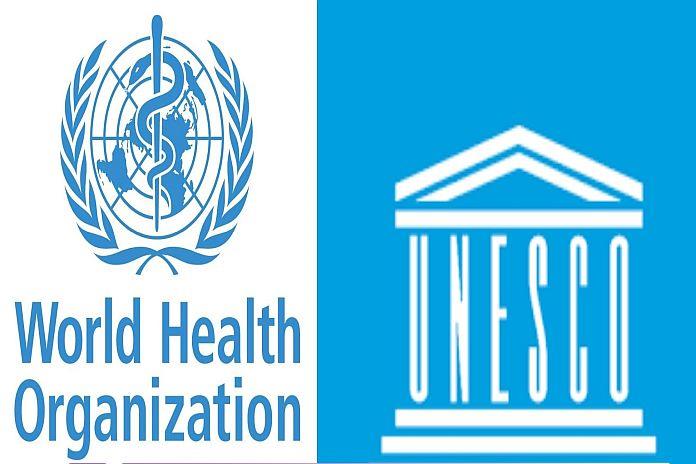By Asmau Ahmad
The United Nations Educational, Scientific and Cultural Organisation (UNESCO) and World Health Organisation (WHO) have urged countries to make every school a health-promoting school.
The UN agencies made the call at the inauguration of Global Standards for Health- promoting Schools, a resource package for schools to improve the health and well- being of 1.9 billion school-aged children and adolescents.
In a statement from WHO, the closure of many schools around the world during the COVID-19 pandemic had caused severe disruptions to education.
According to the agency, an estimated 365 million primary school students went without school meals and significantly increased rates of stress, anxiety and other mental health issues.
“Schools play a vital role in the well-being of students, families and their communities, and the link between education and health has never been more evident, said Tedros Ghebreyesus, WHO Director-General.
“These newly launched global standards are designed to create schools that nurture education and health, and that equip students with the knowledge and skills for their future health and well-being, employability and life prospects,” he added.
Based on a set of eight global standards, the resource package aims to ensure all schools promote life skills, cognitive and socio-emotional skills and healthy lifestyles for all learners.
These global standards will be piloted in Botswana, Egypt, Ethiopia, Kenya and Paraguay.
The initiative contributes to WHO’s 13th General Programme of Work target of ‘one billion lives made healthier’ by 2023 and the global Education 2030 Agenda coordinated by UNESCO.
“Education and health are interdependent basic human rights for all, at the core of any human right, and essential to social and economic development. A school that is not health-promoting is no longer justifiable and acceptable.
“I call for all of us to affirm our commitment and role, to make every school a health-promoting school,” said UNESCO Director General, Audrey Azouley.
The global standards provide a resource for education systems to help foster health and well-being through stronger governance. UNESCO and WHO will work with governments to enable countries to adapt the package to their specific contexts; the evidence is clear.
Comprehensive school health and nutrition programmes in schools have significant impacts among school-aged children. For example: School health and nutrition interventions for girls and boys in low-income areas where worms and anaemia are prevalent can lead to 2.5 years of additional schooling.
The Health Promoting Schools approach was first articulated by WHO, UNESCO and UNICEF in 1995 and adopted in over 90 countries and territories.
However, few countries have implemented it at scale, and even fewer have effectively adapted their education systems to include health promotion.
The new global standards will help countries to integrate health promotion into all schools and boost the health and well-being of their children.




